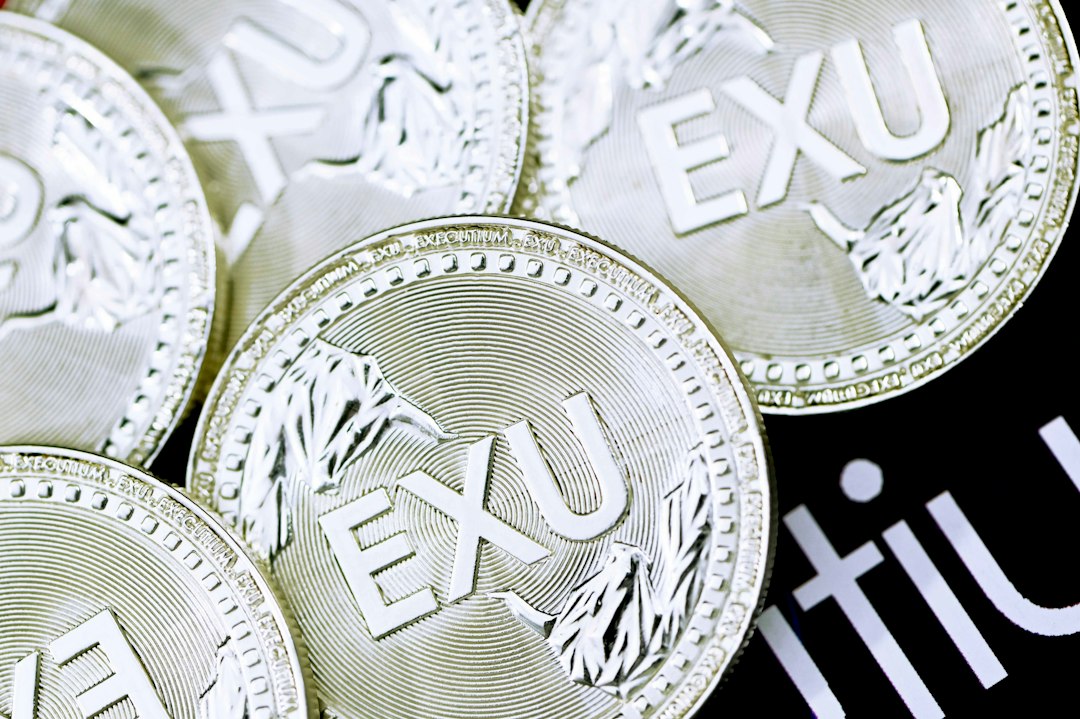Understanding Smart Contracts: How Ethereum is Revolutionizing the Future of Transactions
Do you ever wonder how technology has transformed the way we conduct transactions? With the rise of cryptocurrencies, such as Bitcoin and Ethereum, a new concept called smart contracts has emerged, reshaping the landscape of the business world. In this article, we will explore the intricacies of smart contracts and how Ethereum, one of the leading blockchain platforms, is revolutionizing the future of transactions.
Firstly, let’s dive into the essence of smart contracts. Unlike traditional contracts that require intermediaries like lawyers or notaries to ensure compliance, smart contracts are self-executing agreements embedded with code and stored on a blockchain. These digital contracts automatically execute and enforce the agreed-upon terms without the need for middlemen. By doing so, smart contracts eliminate the possibility of human error or manipulation.
Ethereum, a blockchain-based platform, has gained significant attention for its capability to execute smart contracts. By utilizing Ethereum’s blockchain, you can create decentralized applications (dApps) that operate on a peer-to-peer network without the interference of a central authority. Ethereum’s native cryptocurrency, Ether (ETH), fuels the network, securing and maintaining the ecosystem.
So, how does Ethereum make smart contracts possible? Ethereum’s programming language, Solidity, enables developers to write smart contracts on the Ethereum Virtual Machine (EVM), a decentralized, Turing-complete computer. The EVM executes the smart contracts precisely as programmed and records the transactions on the Ethereum blockchain, making them transparent and immutable.
In addition to their self-executing nature, smart contracts offer numerous advantages over traditional contracts. Firstly, they eliminate the need for third-party intermediaries, reducing costs associated with legal fees and paperwork. Moreover, smart contracts operate in real-time, speeding up transaction processes and negating the need for time-consuming verification procedures.
Another remarkable aspect of smart contracts is their transparency. On Ethereum’s blockchain, all transactions and contract codes are publicly visible, ensuring trust and accountability among participants. This heightened transparency not only mitigates the risk of fraud but also allows for more efficient audits that can facilitate business operations.
Furthermore, Ethereum’s smart contracts are highly secure. Once deployed on the Ethereum blockchain, no alteration or tampering is possible. As a result, parties involved can remain confident in the integrity and immutability of their agreements. This enhanced security is particularly crucial in industries like supply chain management, where traceability and authenticity are paramount.
Ethereum’s impact on the future of transactions extends beyond just financial transactions. Smart contracts have the potential to revolutionize various industries, including real estate, healthcare, logistics, and more. For instance, in the real estate sector, smart contracts can automate property transfers and escrow processes, streamlining the purchase and sale of properties while minimizing fraud risks.
In the healthcare industry, smart contracts can enable secure and efficient sharing of medical records between healthcare providers, ensuring that patient information remains confidential while facilitating more effective treatment. In logistics, smart contracts can automate and track shipping processes, reducing costs and enhancing transparency throughout the supply chain.
Frequently Asked Questions
Q: Are smart contracts only possible on the Ethereum blockchain?
A: No, smart contracts can be built on other blockchains as well. However, Ethereum’s robust infrastructure, extensive developer community, and broad adoption make it a popular choice for implementing smart contracts.
Q: Can smart contracts replace traditional legal contracts?
A: Smart contracts have their limitations and may not be suitable for complex legal agreements. While they can automate certain aspects of contracts, legal documentation and human interpretation are still necessary for enforceability in many jurisdictions.
Q: How can I create my own smart contract on Ethereum?
A: To write a smart contract on Ethereum, you need to learn Solidity, Ethereum’s programming language. There are plenty of online resources and tutorials available to help you get started with smart contract development on the Ethereum platform.
Q: Are there any risks associated with smart contracts?
A: Smart contracts are not immune to vulnerabilities or bugs in their code. It’s crucial to undergo thorough testing and auditing to identify and fix any weaknesses. Additionally, there might be legal uncertainties regarding the enforceability of smart contracts in certain jurisdictions.
In conclusion, Ethereum and its smart contract capabilities are disrupting the traditional way of conducting transactions. Through its secure, transparent, and automated nature, Ethereum is revolutionizing various industries, unlocking new possibilities for efficiency, trust, and innovation.





 By
By
 By
By
 By
By
 By
By
 By
By
 By
By